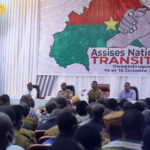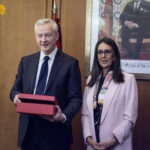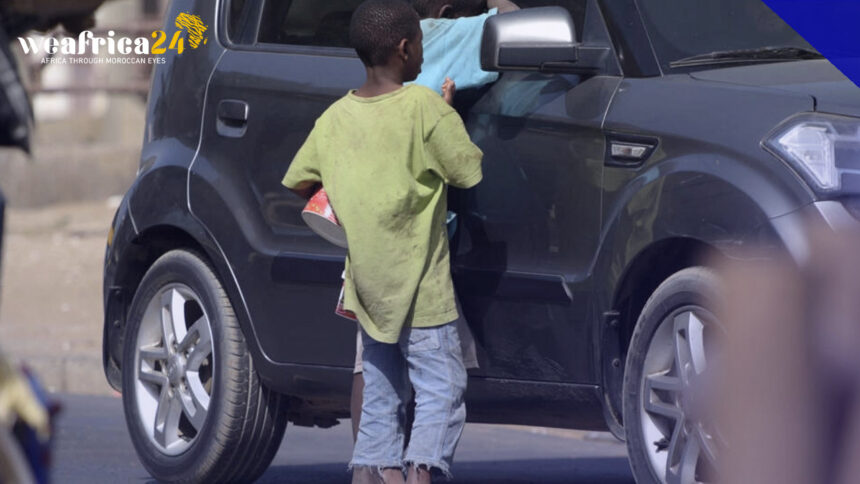USAID has funded and Save the Children has implemented the campaign “Wallu Talibé Yi” (meaning “Protect the Talibés” in Wolof), which emphasizes local and community-based approaches to addressing the issue of more than 100,000 children, entrusted by their families to Quranic schools known as “daaras,” who are forced to beg throughout the country, particularly in Dakar.
According to Save the Children, nearly three out of four talibés spend between two and four hours begging each day. To combat this longstanding predicament, the NGO places importance on the involvement of parents, Quranic teachers, as well as the “ndéyou daara” or the talibés’ “godmothers” – volunteers like Amy Sarr, who have dedicated 25 years to the cause. Amy shares her perspective, “Talibé children come to us to take showers, we provide them with food, and we dip into our association’s funds to buy replacement mats or mattresses. It all starts with maternal affection and love.”
The project aims to strengthen financial support to daaras through local authorities, which are crucial intermediaries, as highlighted by Seynabou Diallo from USAID: “Communities are close to the people, making it an effective entry point to reach the community network”.
The Success of the Modern Daara System
Cheikh Aliou Bèye, the mayor of Diamaguene Sicap Mbao and a beneficiary of the project, reflects on the situation in his jurisdiction: “Our community is home to the largest number of daaras in the Dakar suburbs. It starts with behavioral change and encouraging Quranic teachers to embrace developmental plans for these daaras, which will help reduce or completely eradicate begging.”
In recent years, the Senegalese government has initiated several programs to protect talibé children. Among them is the establishment of “modern daaras” that combine Quranic education with basic teachings from the formal curriculum. Two years ago, the municipality of Hann-Bel Hair in Dakar financed and inaugurated a public facility of this kind, which has proven successful, according to Mayor Babacar Mbengue.
Mayor Babacar Mbengue emphasizes that “we talk about talibé children, but they have the right to education. They require support. Quranic education is indeed a transferred skill. Thanks to this, the Ministry of Education had to assign technical staff, including Arabic language specialists, to the complex we opened. However, I believe we should integrate elementary education, which is recognized and forms part of the comprehensive education program. We must ensure the well-being of our children. This partnership reassures us as it allows us to play a role in that regard.”







